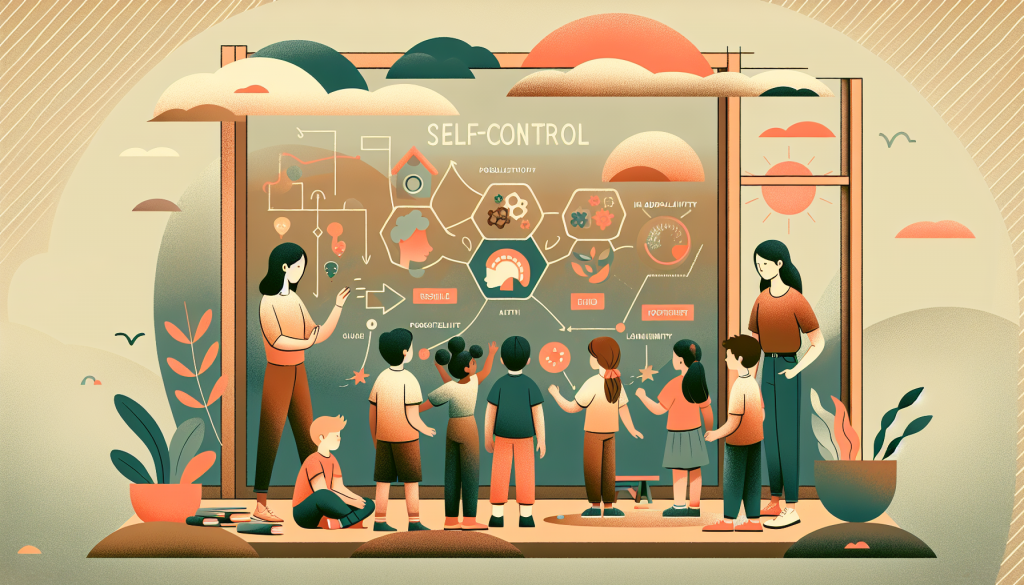Encouraging Children to Practice Self-Control
As parents, one of the most impactful lessons we can impart to our children is the ability to practice self-control. This essential skill not only aids in emotional regulation but also sets the foundation for a successful and fulfilling life. Understanding and implementing effective parenting strategies can help nurture this ability from a young age, allowing children to thrive in various aspects of their lives.
Main Points
Self-control is crucial for children as it influences their ability to manage emotions, resist impulsive behaviors, and make thoughtful decisions. Studies have shown that children with strong self-control skills tend to perform better academically, form healthier relationships, and are less likely to engage in risky behaviors.
One effective approach to fostering self-control in children is through cognitive-behavioral therapy (CBT) principles. CBT emphasizes the importance of identifying negative thought patterns and replacing them with constructive ones. This approach can be adapted for children by helping them recognize the triggers that lead to impulsive behavior and guiding them in developing alternative responses.
Furthermore, addressing children’s psychological needs—such as the need for safety, autonomy, and self-expression—can significantly enhance their ability to practice self-control. When children feel secure and understood, they are more likely to respond calmly and thoughtfully to challenging situations.
Practical Recommendations
- Model Self-Control: Children learn by observing their parents. Demonstrating patience and self-regulation in everyday situations can inspire similar behavior in your child.
- Set Clear Expectations: Clearly communicate rules and the reasons behind them. Consistent boundaries provide a sense of security and help children understand the importance of self-discipline.
- Encourage Problem-Solving: When faced with conflicts, guide your child in brainstorming solutions. This not only fosters autonomy but also teaches critical thinking and patience.
- Practice Mindfulness: Introduce simple mindfulness exercises like deep breathing, which can help children pause and reflect before reacting impulsively.
- Reinforce Positive Behavior: Acknowledge and praise instances where your child demonstrates self-control. Positive reinforcement can motivate them to continue practicing this important skill.
Conclusion
Incorporating strategies to encourage self-control in children is an invaluable investment in their future. By understanding the principles behind emotional regulation and implementing practical parenting strategies, parents can effectively nurture this skill. Ultimately, children who practice self-control are better equipped to face life’s challenges with resilience and adaptability.
For more insights on nurturing emotional regulation and self-control in children, explore our resources at Child Mind.

